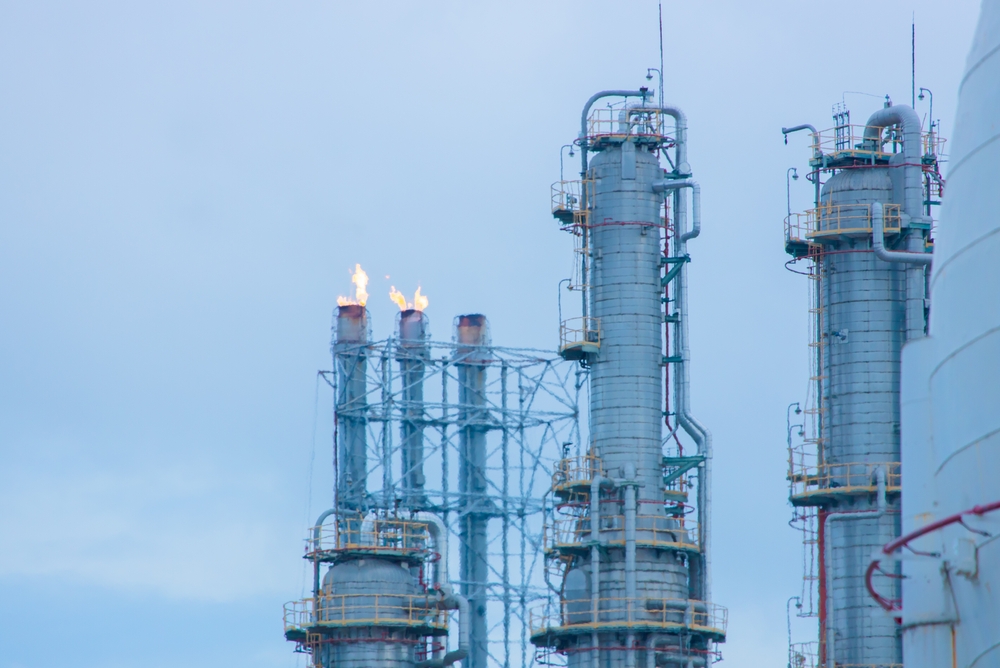A study from the University of Birmingham revealed that global methane emissions continue to rise steadily, with no signs of slowing down.
They also found that trade between countries contributes to about 30% of the total amount of methane emissions swirling on the planet.
As key trade patterns change, South-South trading now controls global supply chains, with developing countries increasingly participating in the global supply chain. Asia and the developing Pacific region are emerging as the biggest contributors of global methane emissions driven by rapid industrialization and population growth.
Methane has contributed approximately 30% to global warming since before the Industrial Revolution. Unlike Co2, methane has a shorter air lifespan, making it a quick and effective solution to climate change. It also contributes to air pollution, leading to the premature deaths of around 1 million people a year.
This study provides the most comprehensive analysis, ranging from the dates of global methane emissions across 164 countries and 120 sectors from 1990 to 2023.
Methane mitigation across the industry can slow climate change
With the potential for global warming over 20 years being 80 times greater than CO2 over 20 years, methane mitigation offers an important opportunity to slow climate change in the short term.
Researchers found that only developed countries are consistently reducing methane emissions, while maintaining economic growth, primarily through improved production efficiency.
Professor Yuri Shan, the lead author from the University of Birmingham, explained: “Methane has a short air lifespan, meaning today’s reductions can have immediate impact, highlighting the need for coordinated global action, especially in developing regions where emissions are fastest.”
This study highlights fertilizer production as a major sector for action. They also call for targeted sector strategies, including advanced leak detection in oil and gas extraction, improved livestock feed and strengthened waste management practices.
It also advocates smarter consumption options, such as reducing the intake of lean meat, which is associated with high methane emissions around the world.
Contributions to change trade patterns
Using the latest global trade and environmental account datasets, researchers found that global shipping trade is responsible for around 30% of global methane emissions.
Changing trade patterns increased emissions in developing countries.
“This study provides a roadmap for policymakers to integrate methane into national climate strategies, which requires us to look at the entire supply chain, not just where emissions are generated.
The road to reducing greenhouse gases
While changes in economic growth and consumption patterns have driven increased, improvements in energy efficiency and clean production technologies have helped offset some of the growth.
Between 1998 and 2023, the global average methane emissions coefficient fell by nearly 67%, reflecting key technological advances.
Source link

